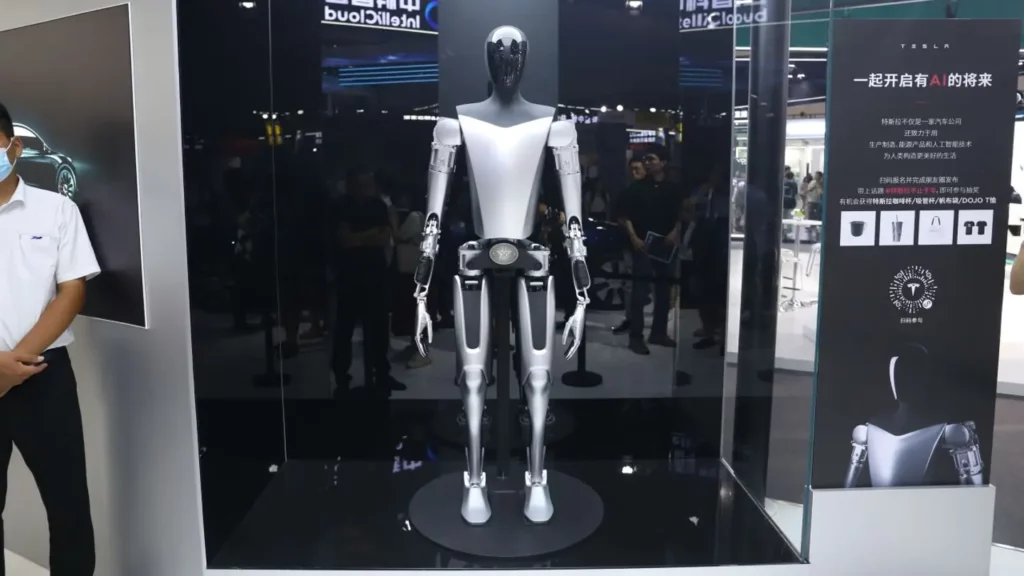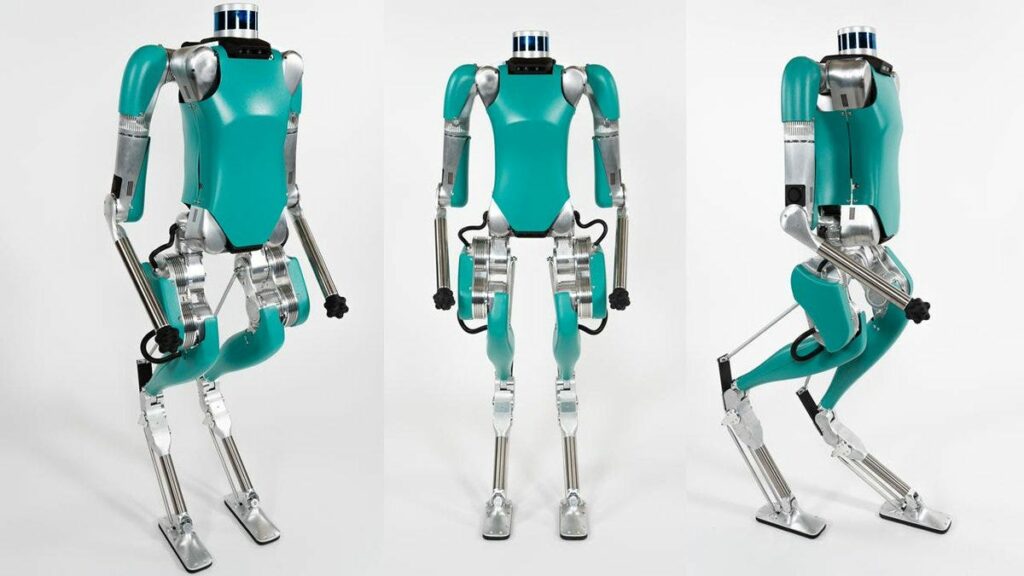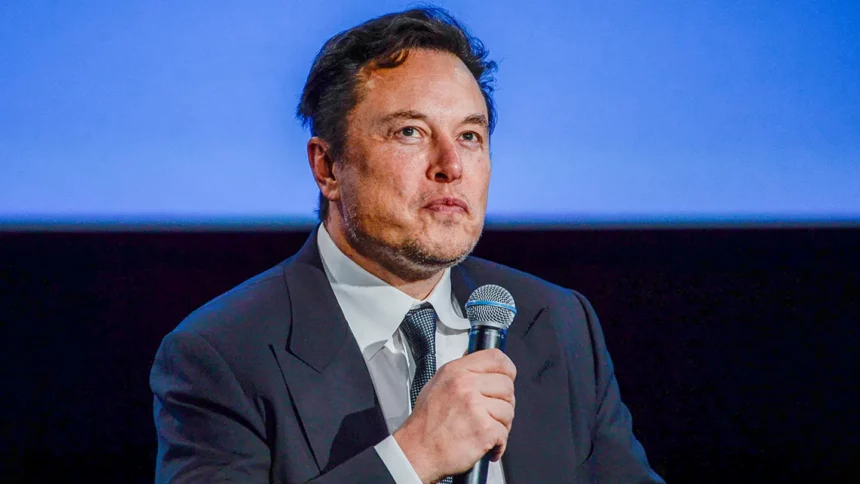Billionaire entrepreneur Elon Musk recently took to social media, specifically X (formerly Twitter), to express his agreement with a prediction made by fellow tech leader David Holz. Holz, the founder of the artificial intelligence (AI) research lab Midjourney, stated in a post last week that Earth could expect around “1 billion humanoid robots in the 2040s and a hundred billion (mostly alien) robots throughout the solar system in the 2060s.”

In response to Holz’s prediction, Musk concurred, adding a caveat, “Probably something like that, provided the foundations of civilization are stable.“
Elon Musk, known for his ventures like Tesla and SpaceX, has been actively involved in the development of humanoid robots. Tesla, one of Musk’s prominent companies, introduced the Tesla Optimus, also referred to as Tesla Bot, at the AI Day event in August 2021. During the announcement, Musk outlined the company’s plan to build a prototype by the following year, emphasizing its potential significance, stating, “I think it has the potential to be more significant than the vehicle business over time.“
At a subsequent event in October 2022, Musk expressed his ambition to manufacture millions of Optimus robots, each estimated to cost around $20,000. However, he acknowledged limitations in its capabilities, refraining from assigning more complex tasks during the presentation to avoid mishaps. Musk admitted, “There’s still a lot of work to be done to refine Optimus,” while expressing optimism about its future capabilities in five or ten years.

As of 2022, Musk shared his hope to bring the Optimus robot to market within three to five years, emphasizing its potential as an “extremely capable” machine once ready.
Elon Musk’s active involvement in humanoid robot development aligns with the broader prediction of a significant surge in such robots on Earth by 2040. While challenges remain, Musk’s commitment to refining and advancing the technology indicates a potential transformative impact on various industries in the coming years.








